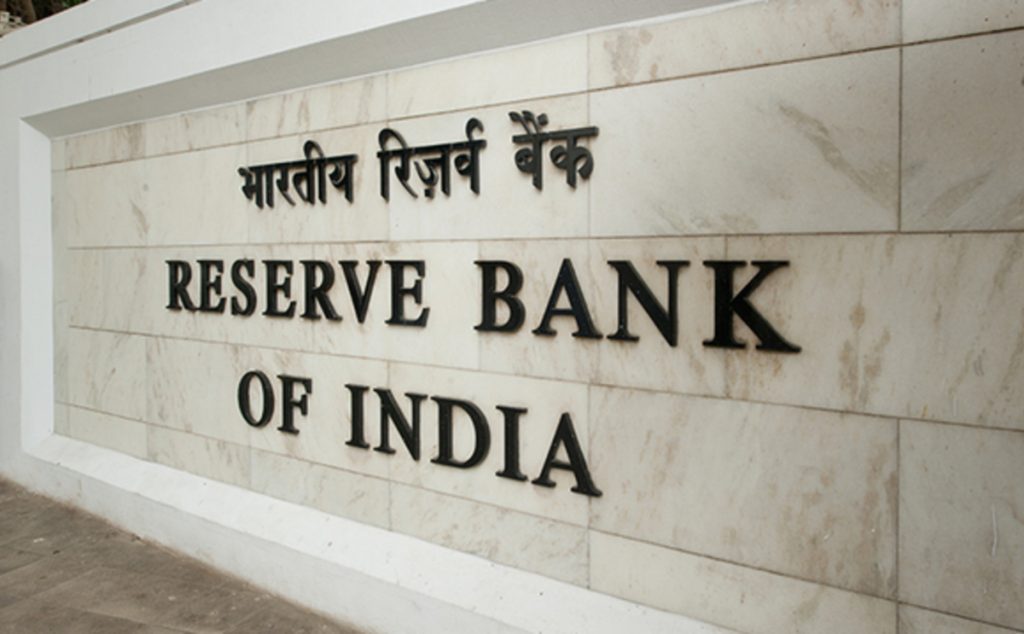The misplaced confidence of RBI Governor Shaktikanta Das may have made him gloat over the INR strengthening because it went up 63 paise against the dollar one fine day recently. But then it crashed again the very next day. It is obvious India’s economy is not really strong. One proof of this is that the RBI is dipping into reserves for survival. The argument that this is being done to cushion the Indian rupee against the volatility fuelled by US Fed’s rate hikes and high commodity prices is hardly tenable. The fact that in the past 12 months over US$ 16 billion reserve has been spent is not a sign of a healthy economy.
Multiple repo rate adjustments have debilitated the poor and the middle class. India’s foreign exchange reserves dropping to a two-year low should be a matter of concern for the economy as the pace of foreign inflows into the country’s markets lessens amid global monetary policy tightening. The rupee has, in a short span of time, gone from one of the world’s best performing currencies to one of the worst. It has depreciated 2 per cent versus the dollar since September 21, ranking among the worst-performing emerging market units. Over the time period, it has fared worse than 14 other emerging market currencies. Prior to September 21, the rupee had outperformed many of its peers.
As India is 85 per cent dependent on imports to meet its oil needs, a weakening rupee will make its purchases expensive, further fuelling inflation which has remained above the RBI’s upper tolerance band for eight consecutive months.
In fact, experts caution that India’s economy will grow well below its potential over the next two years, with inflation staying above the mid-point of the RBI’s tolerance band despite recent interest rate hikes.
Growth could be faster than many other economies, but so far as job creation is concerned, it would be too slow. This means the hope of pulling millions out of poverty will recede further. This is ominous as India is already ranked as one of the worst in the world in tackling hunger.
Growth is projected to slow down sharply to an annual 6 per cent in the third quarter from 13.5 per cent in the second. It is even likely to decelerate further to 4.4 per cent in the fourth quarter. The median expectation was for 6.9 per cent growth in the 2022-23 fiscal year, slightly above the International Monetary Fund (IMF) and the World Bank (WB) projections of 6.8 per cent. It is now pegged at 6.1 per cent next year.
The deteriorating global economic situation suggests there may be even further downgrades in coming months. India’s GDP growth is expected to decelerate to 5.7 per cent in 2022 from 8.2 per cent last year due to higher financing costs and weaker public expenditures. Such a gloomy picture is being painted by none other than the United Nations Conference on Trade and Development (UNCTAD). As the global economic crises worsen further due to Russia’s invasion of Ukraine, sanctions against Russia by the West and Russia’s retaliatory economic measures, urgent policy corrections are the need of the hour. This is vital for protecting the country’s poor and middle class as the UNCTAD’s estimates suggest the country’s GDP growth is likely to decelerate to 4.7 per cent in 2023.
Without course correction and coordinated multilateral policies such as substantial debt relief and large-scale social welfare measures, the crisis will continue to persist in developing and low-income countries. UNCTAD’s prescriptions are multilateral synchronisation of monetary and fiscal policies, a substantial debt-reduction programme for developing and low-income countries, and a massive increase in official development assistance.
Viewed in this perspective, Prime Minister Narendra Modi’s claim that “India’s economy is expected to grow by 7.5 per cent this year, which will be the highest among the world’s largest economies” sounds rather too unrealistic.
India’s growth trajectory during the current fiscal may become better than many G20 countries in an economically depressed world. But, the optimism should be tempered given the stark realities of massive unemployment, worsening inequalities and poverty.
